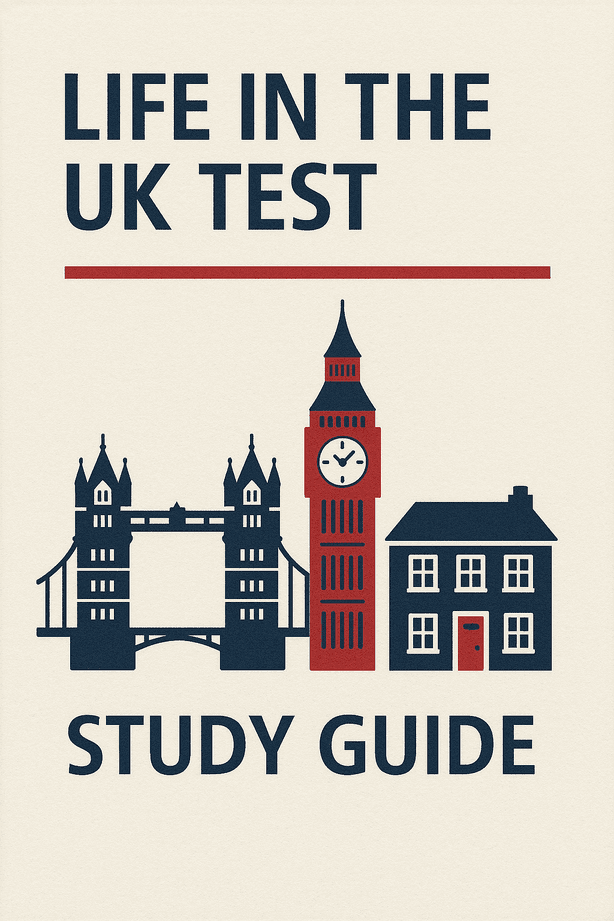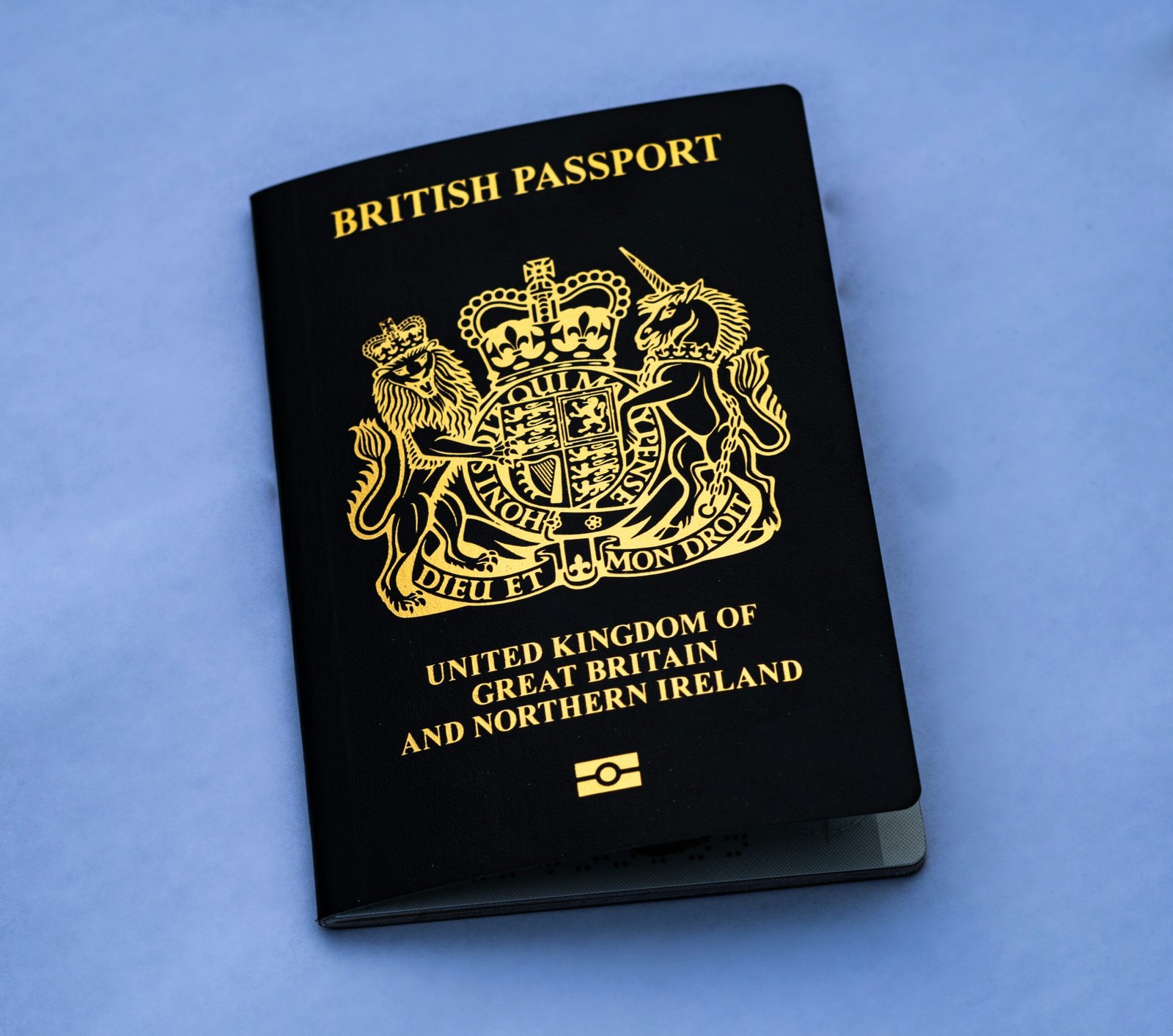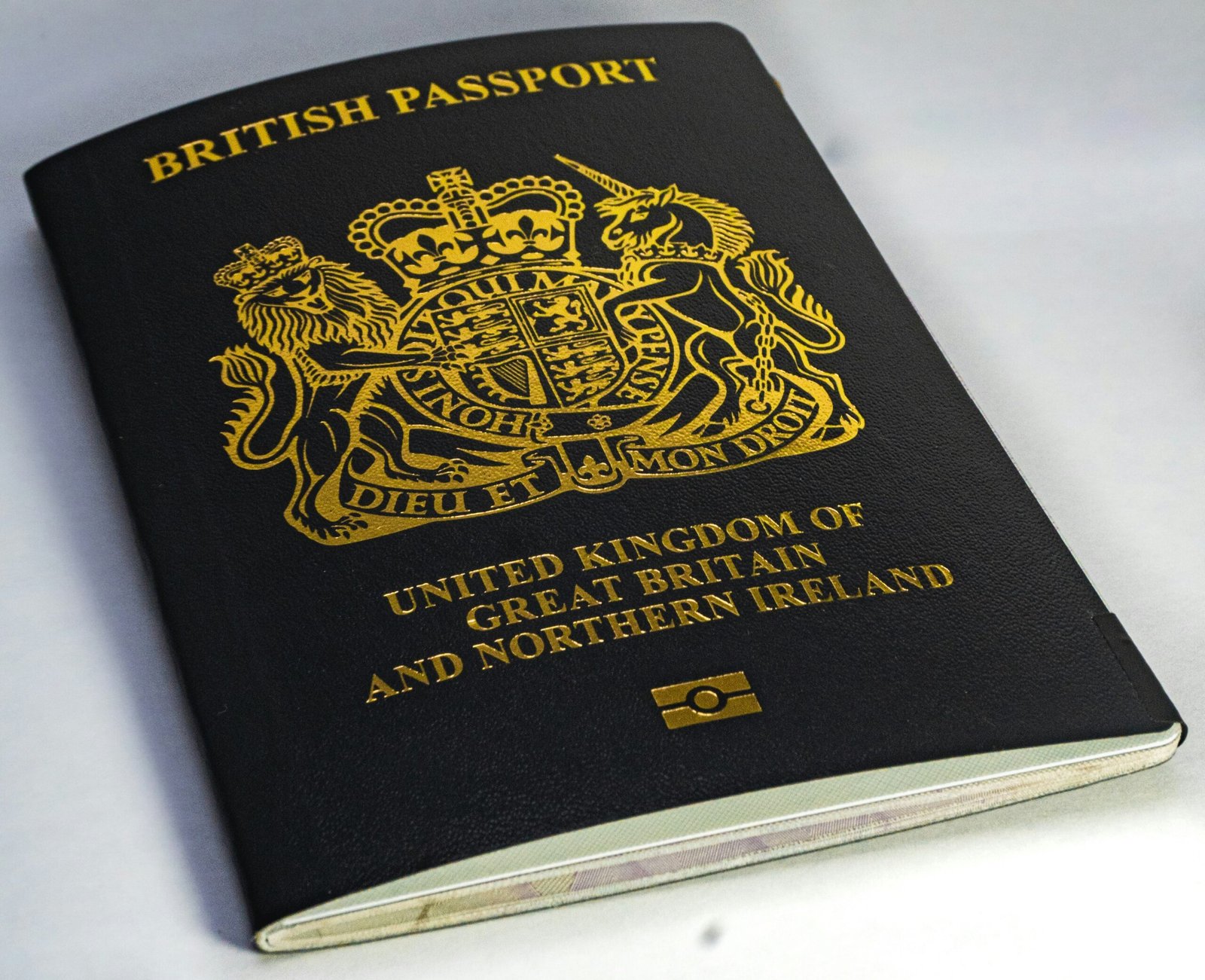The UK government’s commitment to reducing net migration is evident in the raft of new immigration rules being rolled out in 2025. While some changes have already been implemented, many are proposed within the recent White Paper, signalling strong intentions for future policy, with some taking effect in the coming weeks and others subject to further consultation.
1. Significant Overhaul of the Skilled Worker Visa Route
The Skilled Worker visa, a cornerstone of the UK’s work immigration system, is undergoing substantial reforms.
- Higher Skill Threshold: The minimum skill level for sponsored roles is being raised from RQF Level 3 (A-level equivalent) to RQF Level 6 (degree level). This means only jobs requiring a degree-level qualification will generally be eligible for sponsorship.
- Impact: This will significantly narrow the scope of jobs eligible for sponsorship, particularly impacting sectors like hospitality and transport that previously relied on roles at lower skill levels.
- Increased Salary Thresholds: Following earlier increases in April 2024, salary thresholds for Skilled Worker visas are set to rise further. The Immigration Salary List (formerly the Shortage Occupation List) will be abolished, meaning fewer roles will benefit from discounted salary thresholds.
- Closure of Social Care Visa Route (for new overseas applicants): The overseas social care visa route is being closed to new applications.
- Impact: Those already in the UK on this route can extend or switch visas until 2028, but new overseas recruitment for care worker and senior care worker roles will cease. The Health & Care Worker visa remains open for other NHS and healthcare professionals.
- Increased Immigration Skills Charge: Employers sponsoring Skilled Worker visas will see the Immigration Skills Charge increase by 32%. This charge is paid per year of the visa.
- Stricter English Language Requirements:
- For main Skilled Worker applicants, the English language proficiency requirement is being raised from CEFR B1 to B2.
- Adult dependants of workers and students will now be required to meet at least A1 (Basic User) English for initial applications, with progression to higher levels (A2 for extensions, B2 for settlement) required subsequently.
2. Longer Path to Indefinite Leave to Remain (ILR)
One of the most impactful changes affects the route to permanent residence in the UK.
- Standard ILR Period Doubled: For most Points-Based System routes, including Skilled Workers, the standard qualifying period for Indefinite Leave to Remain (ILR) will double from five to ten years.
- Important Note: While this is a major proposed change, the government has stated it will consult further before full implementation, meaning it might not come into force until 2026. However, its inclusion in the White Paper signals clear intent.
- Exemptions: The five-year route to settlement will be maintained for family members of British citizens. Exemptions and accelerated settlement options may also be available for those making “points-based contributions to the UK economy and society,” though precise criteria for this ‘earned settlement’ are yet to be detailed.
3. Changes to Student and Graduate Routes
The government aims to curb perceived abuses and ensure these routes primarily lead to skilled work.
- Graduate Visa Shortened: The Graduate visa (post-study work visa) will be shortened from two years (or three for doctorates) to 18 months for new applicants.
- Stricter Sponsorship Standards for Education Sector: Universities and colleges will face increased oversight and stricter compliance rules. They will be graded under a new Red-Amber-Green banding system based on their compliance performance, affecting their ability to sponsor international students.
4. Overhaul of Family Migration
The White Paper outlines a comprehensive reform of family migration, consolidating various pathways.
- Financial Requirement for Spouse Visas: As of April 11, 2024, the minimum income requirement for sponsoring a spouse or partner increased from £18,600 to £29,000 per year. This threshold remains in place throughout 2025. While initially proposed to rise further to £34,500 and then £38,700, these further increases have been paused, and the Migration Advisory Committee (MAC) is reviewing family immigration rules.
- Mandatory English Language for Dependants: Adult dependants on family routes will now face clearer English language requirements, aligning with the new tiered approach for other routes.
5. Increased Fees and Digitalisation
Immigration application fees have seen further increases in April 2025, alongside a continued push towards digitalising the immigration system.
- Fee Increases: Most UK visa application fees, including for ILR and naturalisation, have increased. For example, the cost of Indefinite Leave to Remain increased from £2,885 to £3,029 as of April 9, 2025.
- eVisas and ETAs: The full rollout of eVisas (digital immigration status, replacing physical BRPs) and Electronic Travel Authorisations (ETAs) for non-visa nationals is progressing. ETAs became mandatory for European citizens from April 2, 2025.
What Does This Mean for You?
These changes reflect a clear government strategy: to reduce overall net migration, prioritise higher-skilled workers, and ensure that those who come to the UK genuinely contribute and integrate.
- For Individuals: If you are planning an application, it is paramount to check the latest Immigration Rules and guidance on the official GOV.UK website before applying. Be prepared for potentially longer paths to settlement, higher English language requirements, and increased costs.
- For Employers: Businesses relying on international recruitment, particularly in sectors with previously lower skill thresholds or those that relied on the social care route, will need to re-evaluate their workforce strategies and potentially invest more in domestic training.
The landscape is evolving, and staying informed is your best defence. Always refer to the official government resources for the most accurate and up-to-date information on these significant changes: Home Office immigration and nationality fees: 9 April 2025 and the core guidance on Apply for British Citizenship.











Leave a comment